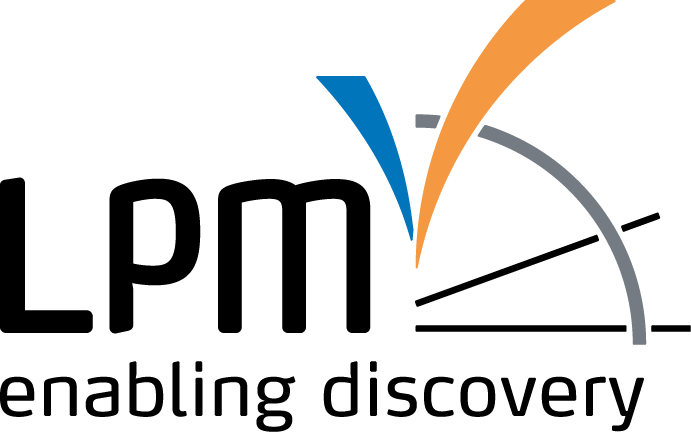ReactorSTM
The ReactorSTM combines a scanning probe microscope with a flow-reactor, which allows us to “look” to a model catalyst surface at high pressures and elevated temperatures, during a catalytic reaction. Study the surface at nano-scale inside a flow reactor!
Atomic force microscopy at 100 bar
The HPHT-AFM is a contact mode atomic force microscope initially developed to mimic deep sea drilling environments. It allows us to measure (large) samples in a (salt) water solution under pressures ranging from 1 to 100 bar and temperatures up to 150 degrees Celcius.
100 bar
150 °C
Liquid
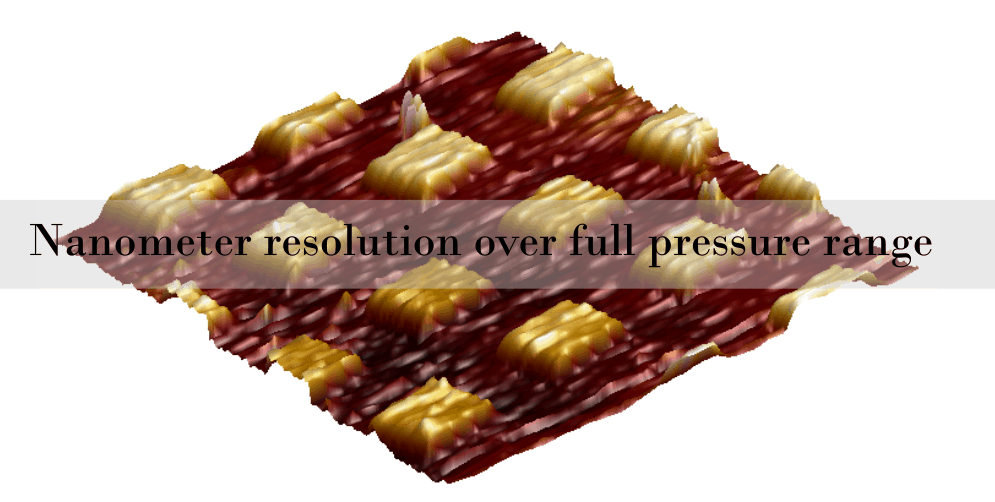
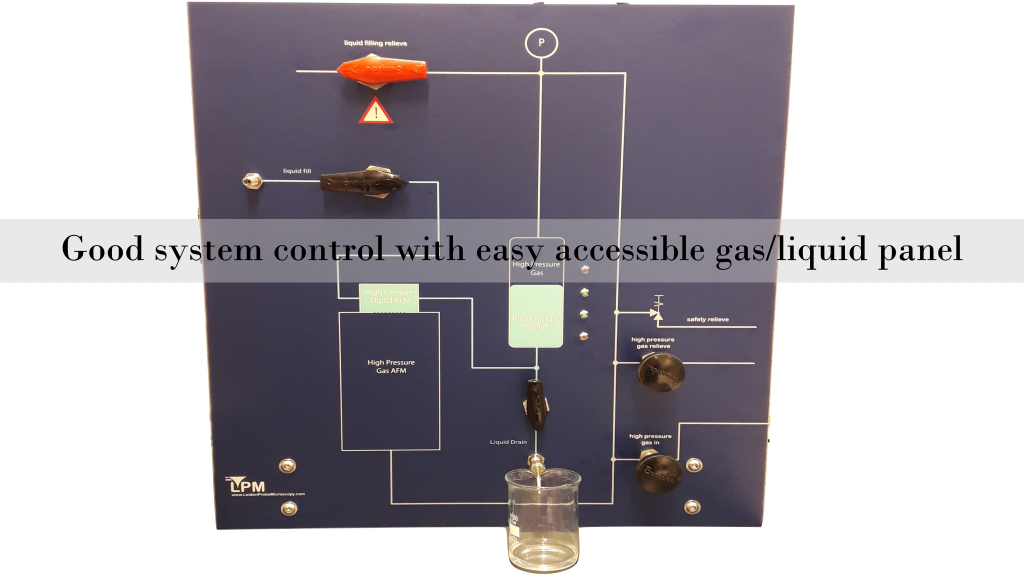
Ambient/HP:
- Synchrotron compatible
- Flow Reactor (volume of 12 cm3)
- HV – 2 bar
- RT – 800 K
- Various window options
SXRD Reactor
Operando
UHV/HP:
- Synchrotron compatible
- Flow Reactor (volume of 12 cm3)
- UHV sample preparation
- HV – 2 bar
- RT – 800 K (1200 K)
- Various window options
- Online reaction product analysis
STM ++
Starting from our experience in SPM and surface science, we have successfully developed customized systems with an integrated SPM. This allows in situ, or even operando SPM, eventually combined with other techniques. Examples are:
- STM + SXRD (UHV/HP)
- PLD + AFM
- LT STM + user technology
Custom Projects
From research question to integrated measurement setup

1. Collaboration

2. Design

3. Assembly

4. Installation

5. AfterCare
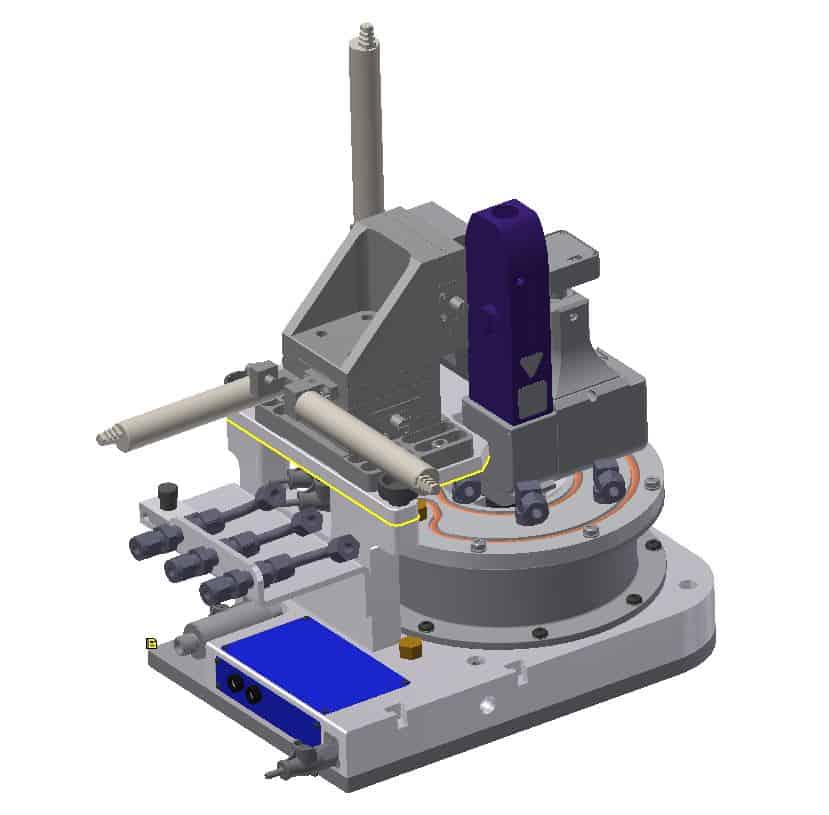
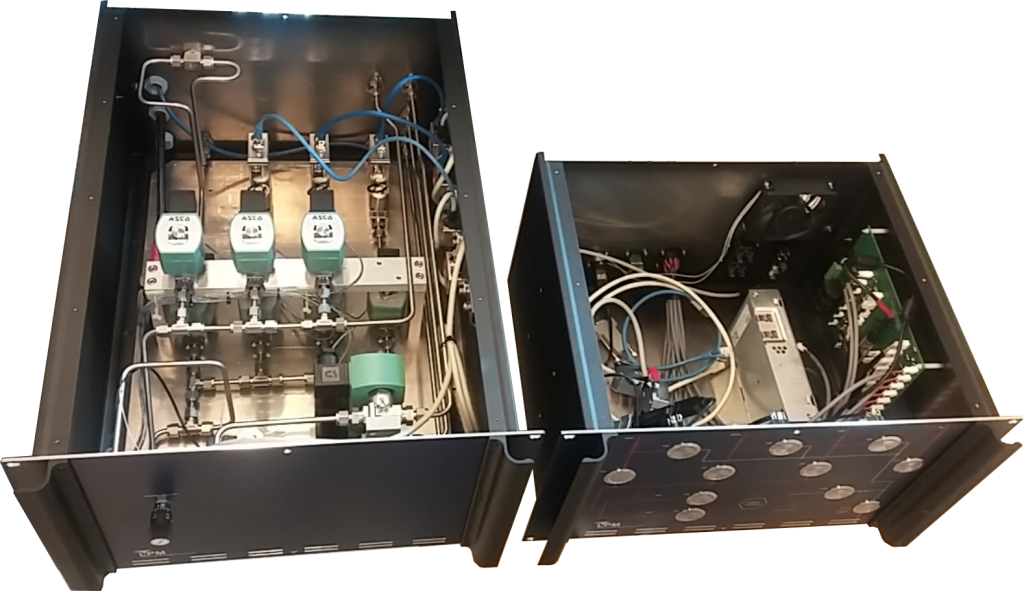
Gas Handling systems
At LPM we have ample experience in the design and production of gas handling systems for our own and/or third party systems.

Removing carbonyls from your gasflow by thermal decomposition.
100 bar
Optimal Conversion
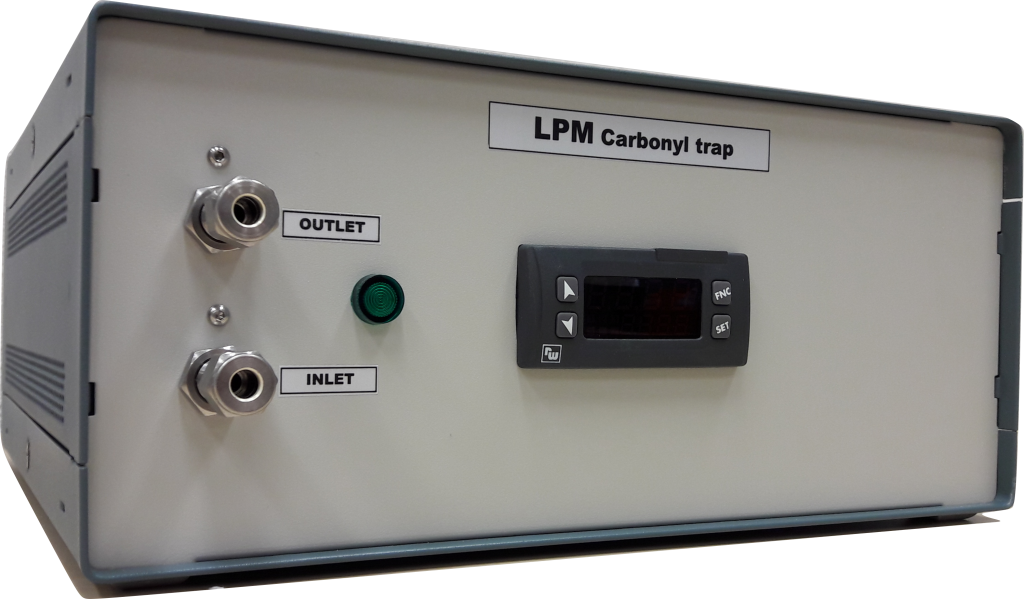
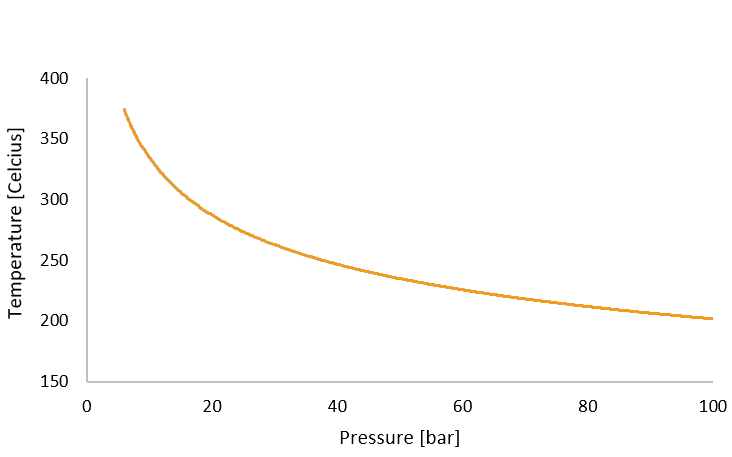
T100 Gas Analyzer
The T100 is a bench-top real-time gas analysis system. The T100 systems is unique in its capability to handle extremely small process flows over a large range of inlet pressures. Our specially designed sampling valve with minimal internal volume lies at the heart of the T100 system and provides unmatched response time as well as time resolution. Incorporation of our sampling valve in your process flow provides single stage pressure reduction without the need for bypass flows.
